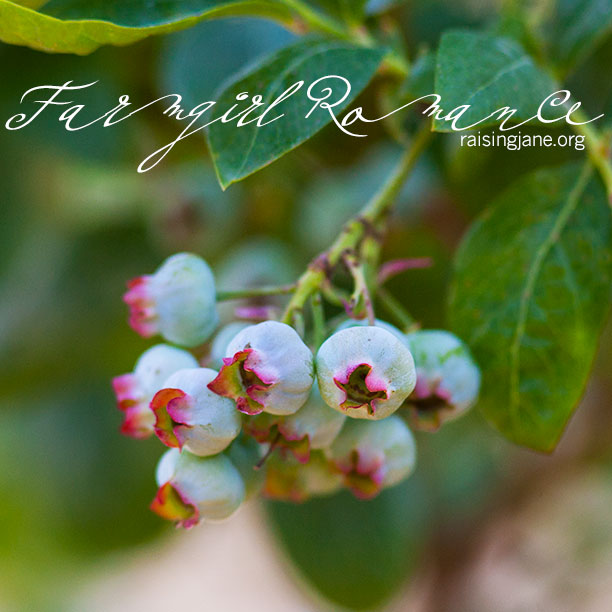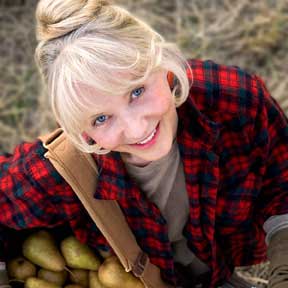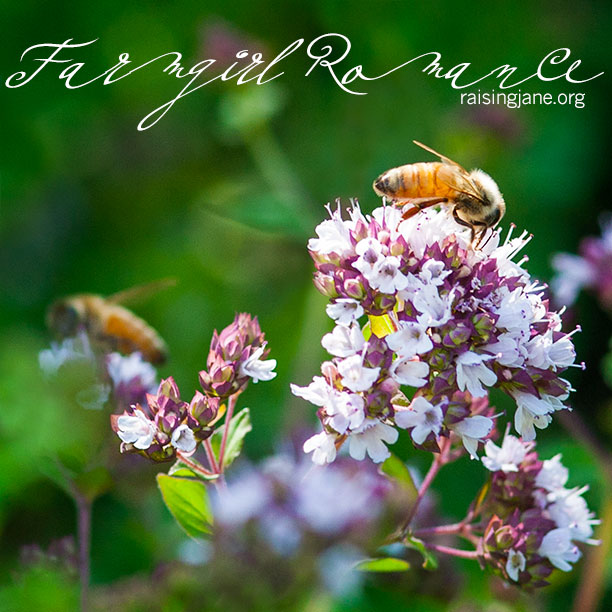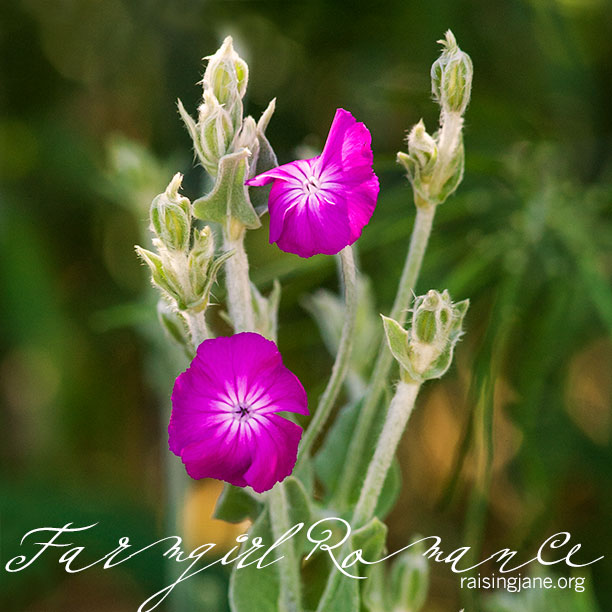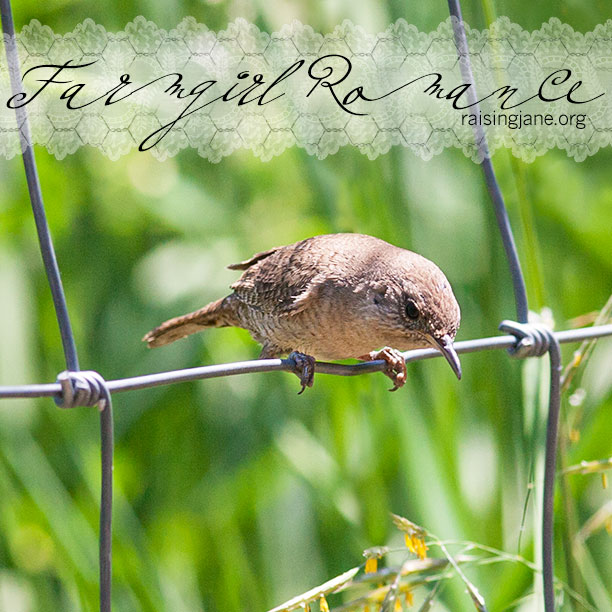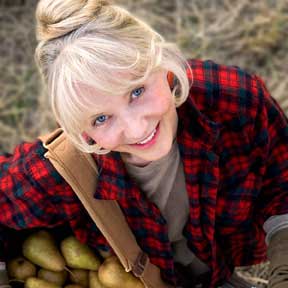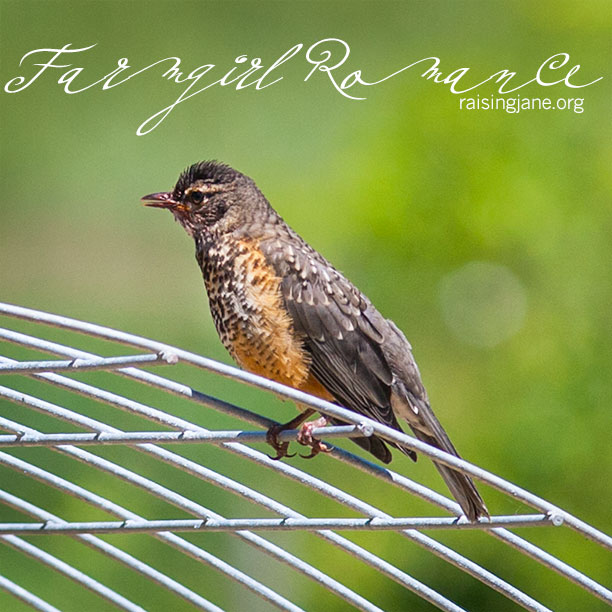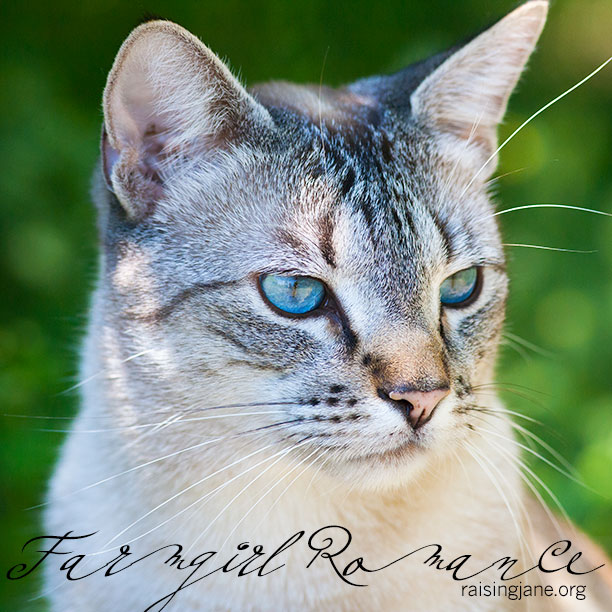Welcome New Sisters! (click for current roster)
Merit Badge Awardees (click for latest awards)
My featured Merit Badge Awardee of the Week is … Ginger Dawn Harman!
Ginger Dawn Harman (Ginger Dawn, #6451) has received a certificate of achievement in Cleaning Up for earning a Beginner Level My Fair Farmgirl Merit Badge!
“1. Research the difference between cruelty-free and organic health and beauty products versus commercially made.
2. As I run out of each product, I replace it with a healthy, preferably organic version. Examples: toothpaste, shampoo, body lotion.
3. I made lip balm and bath salts.
I found this badge very interesting since I just finished reading about how much work is involved when the U.S. Food & Drug Administration is tasked with regulating cosmetics.
Many can be very sneaky with their labels. For example, “Natural” may be one of the vaguest claims in use today. The FDA states that, “From a food science perspective, it’s difficult to define a food product that is ‘natural’ because the food has probably been processed and is no longer a product of the earth.” So, the FDA doesn’t attempt to define the term “natural” in respect to food or cosmetics at this time.
It’s safe to say that even though people may be led to perceive so-called “natural” products as safer or healthier, that may not be the case. There are plenty of natural things that come from the earth that just are not good for us. Two items that quickly come to mind are lead and asbestos, both of which we wouldn’t want in our cosmetics.
The “organic” claim is currently governed for agricultural products by the U.S. Department of Agriculture (USDA). “The FDA does not define or regulate the term ‘organic,’ as it applies to cosmetics, body care, or personal care products,” according to the USDA Agricultural Marketing service, which oversees the National Organic Program (NOP). The USDA/NOP will, however, allow the use of the “USDA Organic” logo if the product is made up of agricultural ingredients and can meet the organic production, handling, processing, and labeling standards set by the USDA/NOP. All of the entities who supply ingredients, handle, or are part of the manufacturing process of the product must be certified by a USDA-accredited organic certifying agent. Once certified, products are broken down into categories—100% organic, organic, and made with organic ingredients. Products made with less than 95% organic ingredients are not eligible to display the USDA Organic logo on their packaging.
A product labeled as “synthetic-free” contains no man-made ingredients to speak of—it’s 100% made of naturally occurring elements or compounds.
Also I learned about that Leaping Bunny label! That’s a Leaping Bunny certification, which means that none of the product’s ingredients were tested on animals. Another thing to note is that in 2013, Europe banned animal testing on all cosmetics manufactured and sold in the region. Some states in the U.S. have begun to make similar initiatives—but all cosmetic companies that sell in China are required to test on animals, according to the country’s laws, which means that a lot of major brands still test. This makes me rather sad!
I have started using Aveda products and several of my Farmgirl Sisterhood gals in the area swap have sent me handmade soap and have given me instructions on how to make them. I have made the bath salts and lip balm. That was a bit messy, but lots of fun! I love making bath salts and they are such a great gift! Here’s how …
2 cups epsom salts
1/2 cup baking soda
1/4 cup sea salt (optional)
30 drops of lavender essential oils
10 drops of peppermint essential oil
Mix all ingredients in a medium size bowl. Store in an air-tight jar and use 1/4 cup per bath.
I hope that each of my Farmgirl Sisters give this a try!”
Continue reading →
